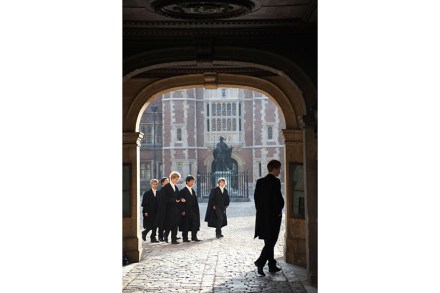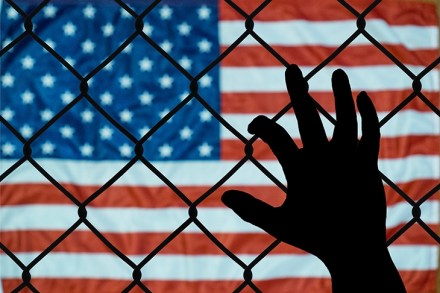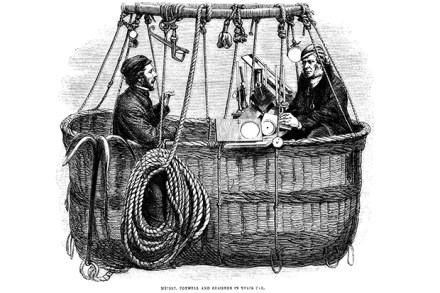Does knotted string constitute ‘writing’?
What particularly excites Silvia Ferrara, the author of The Greatest Invention, is not language per se but writing – that is, the specific tool created for recording and conveying language visually. Sound made visible, tangible. The impulse to communicate might be innate, but writing is cultural, and in no way inevitable. It’s a bit of




















